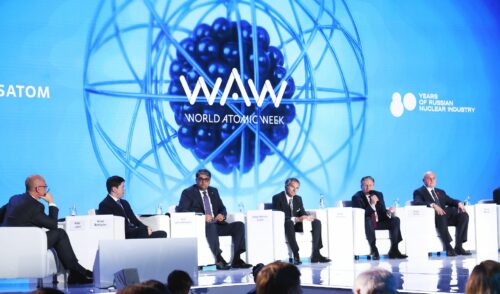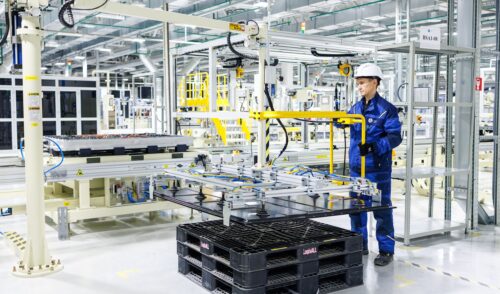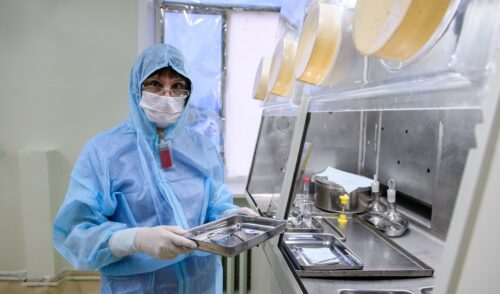
Africa in Package
back to contentsThe Republic of South Africa, where the only African NPP “Koeberg” is working these days, is planning to build new reactors with a total capacity of 9,6 GW. After the RSA’s President Jacob Zuma’s visit to Sochi in May 2013 the RF President Vladimir Putin said: ”Russia is ready to collaborate in creating integrated atomic industry in the Republic”. The recent events in the sphere prove this to be not only words.
Studying together
Rosatom decided to start with training South-African nuclear specialists. Rusatom Overseas, the company promoting Rosatom’s projects abroad, has signed a memorandum of collaboration with South Africa’s North West University – the only institution in the country offering degrees in nuclear engineering. The document provides interaction programs development, including cooperation in scientific research, conducting seminars, preparing teaching guides. A bilateral working group will elaborate the list of specific projects.
“We are glad this memorandum with our Russian colleagues has been signed. Atomic energy is a matter of crucial importance for the RSA, so cooperation with Rosatom in the sphere of education and science today is very essential”, – said Herman van Schalkwyk, the Rector of the North West University.
“This memorandum offers wide opportunities. On the one hand, it will help developing technical education in the RSA, on the other, getting familiar with Russian technologies, joint studies and scientific researches will be a fruitful base for developing Rosatom’s business relations in Africa” – said Dzhomart Aliev, Rusatom Overseas’ General Director.
Global opportunities of localization
Boris Arseev, Executive Vice-President of Rusatom Overseas, at the annual meeting of Nuclear Industry Association of South Africa in Port Elizabeth spoke about Rosatom’s global capacities in the nucelar power sphere. He noted, that Rosatom assigns high priority to the development of cooperation with the South African nuclear industry. The corporation is ready to take part in the implementation of the South African Government plans for the construction of six power units with a total installed capacity of 9, 6 GW. “Rosatom‘s comprehensive approach to the construction of nuclear power plants is absolutely unique. The company’s integrated offer contains a full range of the nuclear power industry products and services, including fuel supply for NPPs, management of its lifecycle, staff training and various financial solutions”, B. Arseev pointed out. He stressed that NPPs with 3+ generation VVER reactors proposed by Rosatom for South African energy market meet all the latest international safety standards.
Today localization is an integral part of Rosatom‘s policy. “The implementation of the South African nuclear generation development program together with Rosatom would allow to create 15,000 additional jobs in construction, service and operation of the new units, as well as several thousands of jobs in related industries, increasing the revenue of South African companies for $ 15 billion and ensuring $ 3, 5 billion tax revenues to the country’s budget”, said B. Arseev. During the presentation speaker emphasized that the localization policy in the large-scale projects implementation, such as the construction of NPPs gives a powerful impact to the development of local economies. This policy increases the competitiveness of energy intensive industries.
Present and future
Today about 90% of energy in South Africa is produced by coal-fired plants. In March 2011 a new long-term Integrated Resource Plan was approved in South Africa, which provides bringing nuclear power share in the country’s energy mix up to 25% by 2030.
In February 2013 a group of the IAEA experts visited the Republic of South Africa in the framework of the INIR Mission (Integrated Nuclear Infrastructure Review). The mission was held upon an invitation from the South African Government to assess the preparedness of the country’s infrastructure to further develop the nuclear program. Following the visit results, the IAEA experts stated that there was a strong governmental support of the nuclear industry development program in the country; they highlighted strong points and made a number of recommendations. Commenting on the mission outcomes, the IAEA General Director Yukiya Amano congratulated South Africa on a significant step in the further development of their nuclear power program.




